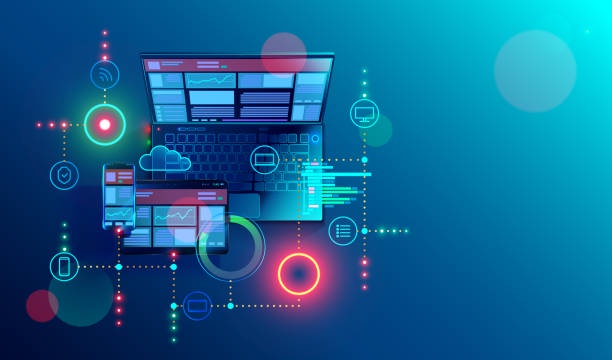Plastic Industry Software
Plastic industry software refers to specialized software solutions designed to streamline and enhance various processes within the plastic manufacturing and distribution sector. These software systems are tailored to meet the specific needs and challenges of the plastic industry. Key features and functionalities of plastic industry software may include:
-
Inventory Management: Tracking raw materials, work-in-progress, and finished goods to optimize inventory levels and reduce waste.
-
Production Planning and Scheduling: Efficiently planning and scheduling production processes to meet demand while minimizing downtime and costs.
-
Quality Control: Monitoring and managing the quality of plastic products through inspections and quality control processes.
-
Order Processing and Management: Handling customer orders, managing order fulfillment, and ensuring timely delivery of plastic products.
-
Traceability: Providing traceability of materials and products throughout the production and supply chain, ensuring compliance with regulations and standards.
-
Resource Planning: Optimizing the use of resources such as machinery, labor, and energy to improve overall operational efficiency.
-
Compliance and Reporting: Ensuring compliance with industry regulations and generating reports for internal analysis and regulatory purposes.
-
Customer Relationship Management (CRM): Managing customer relationships, tracking communications, and understanding customer preferences to enhance customer satisfaction.
GPS Tracking System:
A GPS tracking system is a technology that uses the Global Positioning System (GPS) to track the location of a person, vehicle, or asset in real-time. GPS tracking systems typically consist of the following components:
-
GPS Receivers: Devices that receive signals from GPS satellites to determine precise location coordinates.
-
Communication Networks: Systems for transmitting GPS data, often utilizing cellular networks or satellite communication.
-
Data Processing and Storage: Software and hardware components that process and store GPS data, enabling real-time tracking and historical location analysis.
-
Mapping and Visualization: Tools to map and visualize the tracked locations, often accessible through web or mobile applications.
Applications of GPS Tracking in the Plastic Industry:
-
Fleet Management: Tracking the location of delivery vehicles transporting plastic products to optimize routes, improve fuel efficiency, and enhance overall logistics.
-
Asset Tracking: Monitoring the location of valuable assets such as molds, machinery, and equipment used in the plastic manufacturing process to prevent loss or theft.
-
Supply Chain Visibility: Enhancing visibility into the movement of raw materials and finished products throughout the supply chain to improve efficiency and respond to potential disruptions.
-
Safety and Security: Ensuring the safety and security of personnel and assets by tracking the location of workers and critical equipment within manufacturing facilities.
-


No comments yet